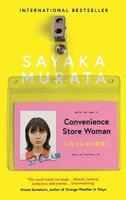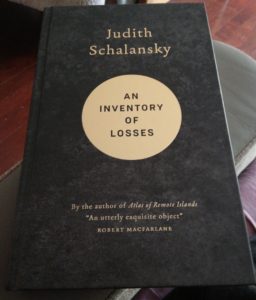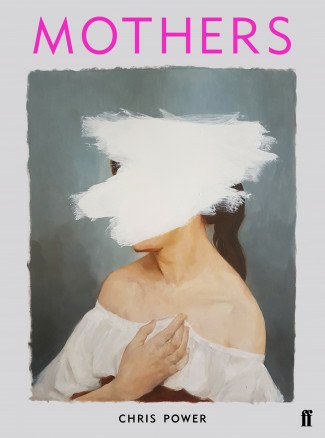This review was first published at Splice in October 2018.
***
Meet Keiko Furukura. She has always found it difficult to conform to what her family and wider society consider “normal”. She once stopped a fight between a group of boys at primary school by hitting one of them over the head with a spade. She couldn’t understand what was wrong with this: “Everyone was saying to stop them, so that’s what I did,” she told her teachers. Throughout the rest of her childhood, Keiko kept her head down, saying no more than she had to — and the adults around her didn’t think that was normal, either. It wasn’t until she got a job at the Hiiromachi Station Smile Mart in 1998, whilst at university, that she felt she had finally found her place in the world. Eighteen years later, she’s still there.
Convenience Store Woman is Sayaka Murata’s tenth novel, but the first to appear in English (translated by Ginny Tapley Takemori). The title may appear prosaic, but it points towards the essence of Keiko’s situation by combining place and person to suggest something greater than the sum of both. Keiko really does live and breathe her job. The store’s sounds reverberate through her head as she falls asleep at night, and she imagines the cells of her body energised at the prospect of being there. Those cells are also made up of food from the convenience store because that’s all Keiko eats, and the thought of this makes her “feel like I’m as much a part of the store as the magazine racks or the coffee machine.”
Continue reading






Recent Comments